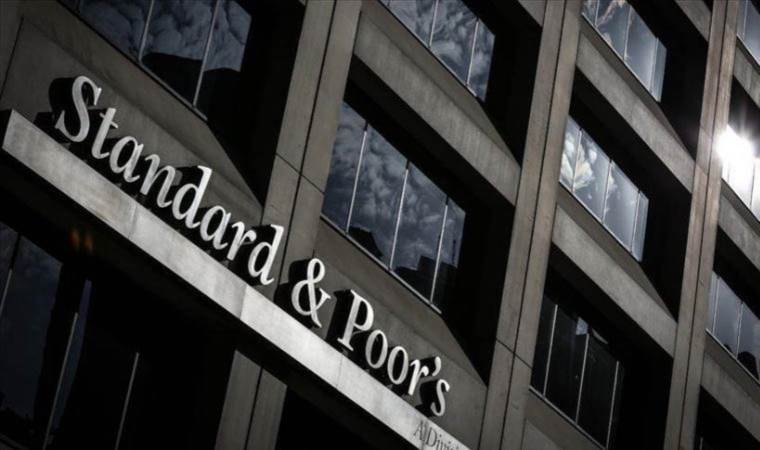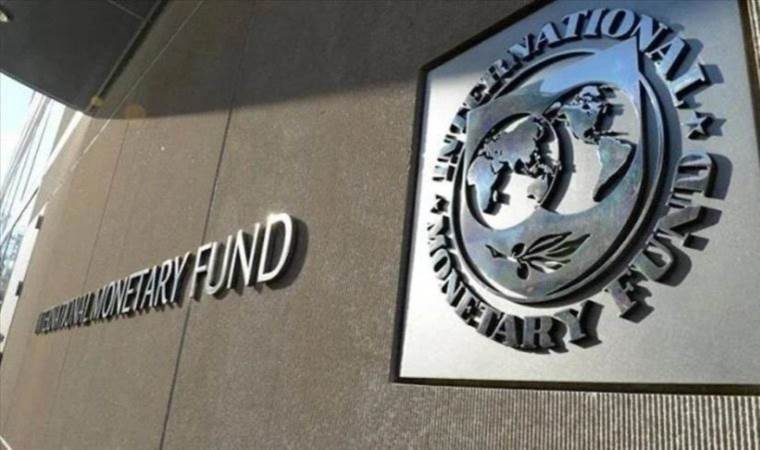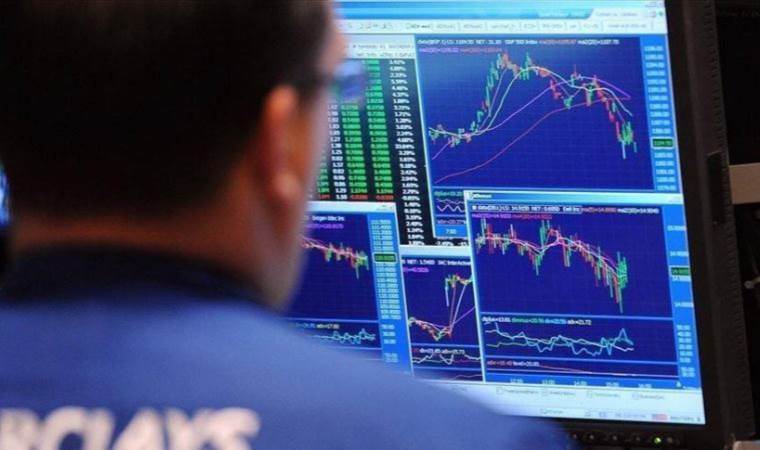No respite for Chinese officials as economy shows new signs of weakness
A recent string of dismal indicators have dulled expectations for China's economic performance in July, in an ominous sign for the rest of 2024 and pointing to the need for more stimulus measures beyond plastering over pain points in the world's second-largest economy.

Calls for more growth boosting measures for the $19 trillion economy have dogged officials after a widely expected post-pandemic recovery failed to materialise in 2023. Still, the government is targeting economic growth of around 5% this year.
The latest data point to a rocky start to the second half. On Tuesday, central bank data showed July new bank loans plunged to a 15-year low, while other key gauges showed export growth slowed and factory activity slumped as manufacturers grapple with tepid domestic demand.
The economy had already grown more slowly than expected in the second quarter, expanding 4.7% from a year earlier, as wary consumers remained reluctant to spend and trade ties with major markets became more tense, suggesting a period of prolonged sluggishness is increasingly likely.
"The market consensus will move to the left side of the 'around 5%' growth target, since the economy slowed in July and a forceful plan to support the economy seems to be missing," said Xu Tianchen, senior economist at the Economist Intelligence Unit, which has kept its growth forecast at 4.7% since March.
On Thursday, China will release a raft of activity data. Economists polled by Reuters poll expect that retail sales grew 2.6% year-on-year last month, versus 2.0% in June, while industrial output was forecast to have grown more slowly and investment growth levelled off.
Officials will also release the latest reading on new home prices, which fell at the fasted clip in nine years in June despite a host of support measures aimed at luring back buyers and stemming a protracted property crisis.
Credit data this week showed household loans, mostly mortgages, contracted 210 billion yuan ($29.37 billion) in July, compared with a rise of 570.9 billion in June.
One of the main reasons people are not spending in China is 70% of household wealth is held in real estate, a sector which had long been a major growth driver.
Most Read News
-
 EU extends sectoral sanctions on Russia
EU extends sectoral sanctions on Russia
-
 Southern Europe swelters as 2025’s first major heatwave
Southern Europe swelters as 2025’s first major heatwave
-
 At least 8 killed in blast at southern Indian pharma fac
At least 8 killed in blast at southern Indian pharma fac
-
 Irish band voices support for Palestine during Istanbul
Irish band voices support for Palestine during Istanbul
-
 UK lawmakers call on government to 'urgently' create Ukr
UK lawmakers call on government to 'urgently' create Ukr
-
 Iran slams IAEA silence to Israeli-US attacks, demands a
Iran slams IAEA silence to Israeli-US attacks, demands a
-
 Russia regrets Azerbaijani decision to cancel cultural e
Russia regrets Azerbaijani decision to cancel cultural e
-
 Germany ‘deeply concerned’ over deadly Israeli strikes n
Germany ‘deeply concerned’ over deadly Israeli strikes n
-
 UN chief warns of ‘decimated’ aid budgets at development
UN chief warns of ‘decimated’ aid budgets at development
-
 Gaza death toll tops 56,500 as Israel continues genocida
Gaza death toll tops 56,500 as Israel continues genocida













